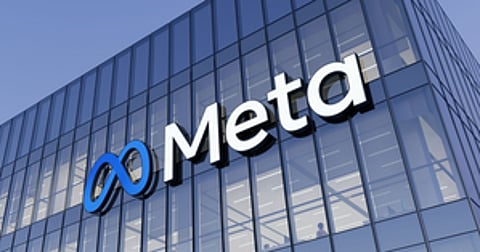

Meta has launched V-JEPA 2, an advanced AI model trained on video, designed to help robots and AI systems better understand and predict how the physical world works. This model represents a big step toward Meta’s long-term goal of developing Advanced Machine Intelligence (AMI)—AI that can think before it acts.
Humans naturally understand how the world responds to actions—for example, knowing a ball will fall after being tossed, or avoiding people while walking through a crowd. This is because we build mental models of how things move and interact. V-JEPA 2 aims to give AI agents a similar understanding of their surroundings, helping them to observe, reason, and make better decisions before taking action.
These types of AI systems are built using world models, which allow machines to understand, predict, and plan—just like humans do when navigating everyday situations.
Smarter robots through video training
V-JEPA 2 builds on Meta’s earlier version of the model released last year, called V-JEPA. This new version offers major improvements in helping machines predict how objects move, how they interact with other objects, and how people handle them in the real world.
The model was trained using large amounts of video content, which helped it learn real-world patterns—like someone picking up a cup, or how a ball bounces. When tested in Meta’s robotics labs, V-JEPA 2 helped robots perform tasks such as reaching for, picking up, and moving objects—skills that require understanding both movement and intention.
Along with the new model, Meta is also releasing three new benchmarks to help researchers test how well AI systems can learn about the world using video. These tools will help others in the AI community build better, smarter systems. Meta hopes that by sharing V-JEPA 2 and the new benchmarks, it will support faster progress in AI development—leading to machines that can interact safely.